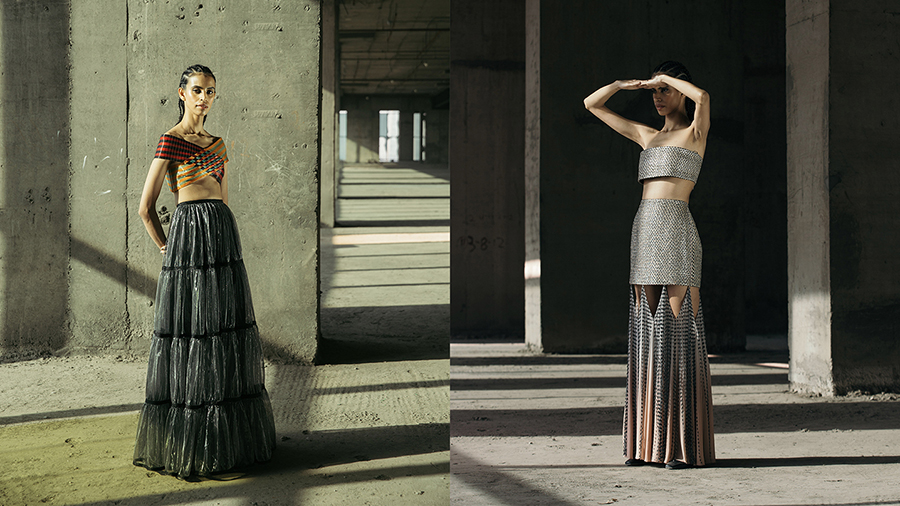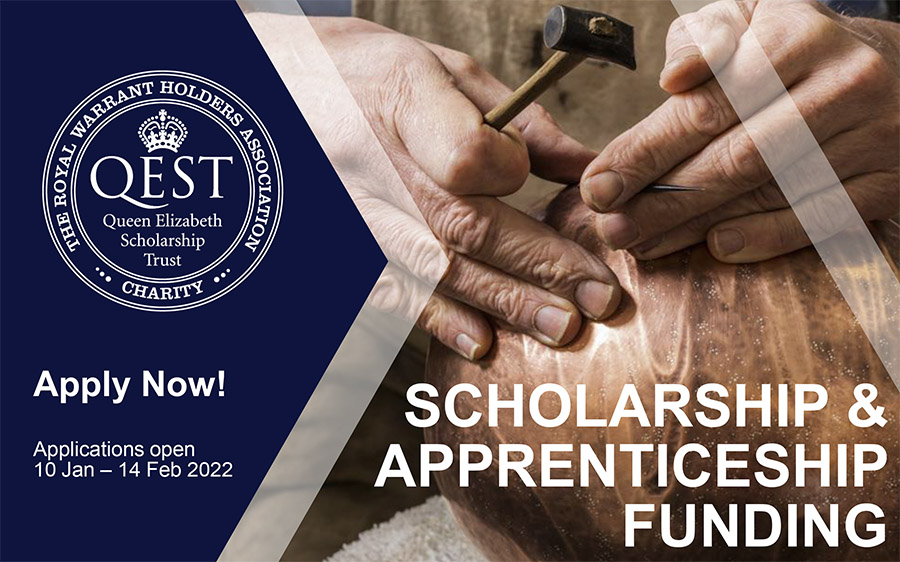 AKHL was founded by Akhil Nagpal in 2019.
AKHL was founded by Akhil Nagpal in 2019.
AKHL is defined by its commitment to innovation, experimentation and the crafting of evocative pieces of fashion by contemporising traditional Indian handcrafting and handweaving techniques.
Essential to its designs are distinctive and complex textiles, engineered using unusual and often upcycled materials, employing a wide range of processes including hand weaving, traditional Indian hand embroidery, hand printing, applique and spectrum dyeing.
Ultimately, these signature textiles, in conjunction with handwoven and new age fabrics, are meticulously tailored into inventive and evocative luxury womenswear.
 Since its founding, AKHL has been a recipient of various awards and honours. It showcased its debut collection at Lakme Fashion Week SS20 as the winner of the prestigious Gen Next Competition and won The Grazia Young Fashion Award in 2021.
Since its founding, AKHL has been a recipient of various awards and honours. It showcased its debut collection at Lakme Fashion Week SS20 as the winner of the prestigious Gen Next Competition and won The Grazia Young Fashion Award in 2021.
It has also been awarded the curated title ‘Black Sheep’ on Not Just A Label, given to the most innovative and striking designers on the platform.
AKHL has been featured on the ‘Label Alert’ segment in Harper’s Bazaar India and Grazia India as well as in various other editorials by leading Indian fashion publications including Vogue, Harper’s Bazaar, Grazia and Cosmopolitan.
Reflektor SS21 Collection
AKHL SS21 collection has been visually inspired by interactions and distortions of light and colour. The studio has studied these interactions in highly-engineered and uniquely processed reflective installation artworks by Olafur Eliasson and James Turnell, as well as in softer, yet equally compelling, natural reflective surfaces.
These vivid colour and light visual studies helped them develop new-age handwoven and hand-embroidered textiles as well as sharply-cut sculptural silhouettes, all of them ultimately culminating into an innovative and evocative collection of modern ensembles.
The most dominant textile in this collection has been their handwoven/hand-embroidered silk-raffia mesh. This textile is first meticulously woven on a handloom, it has a raw silk warp and a raffia weft.
Continue reading →











